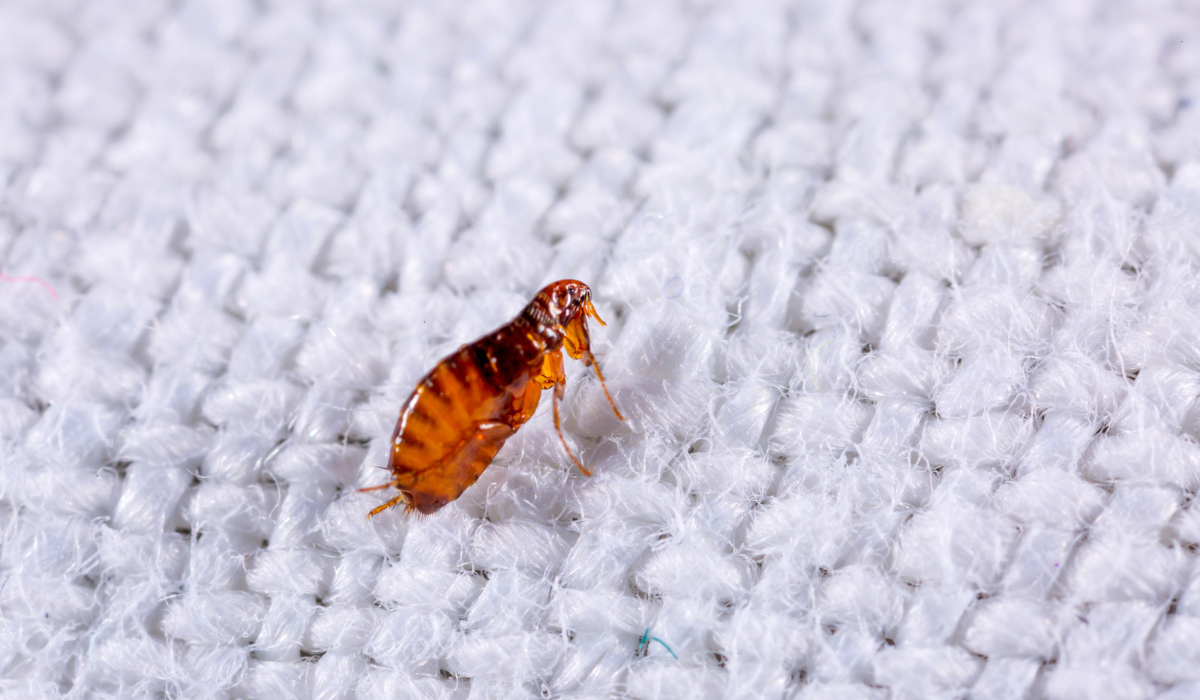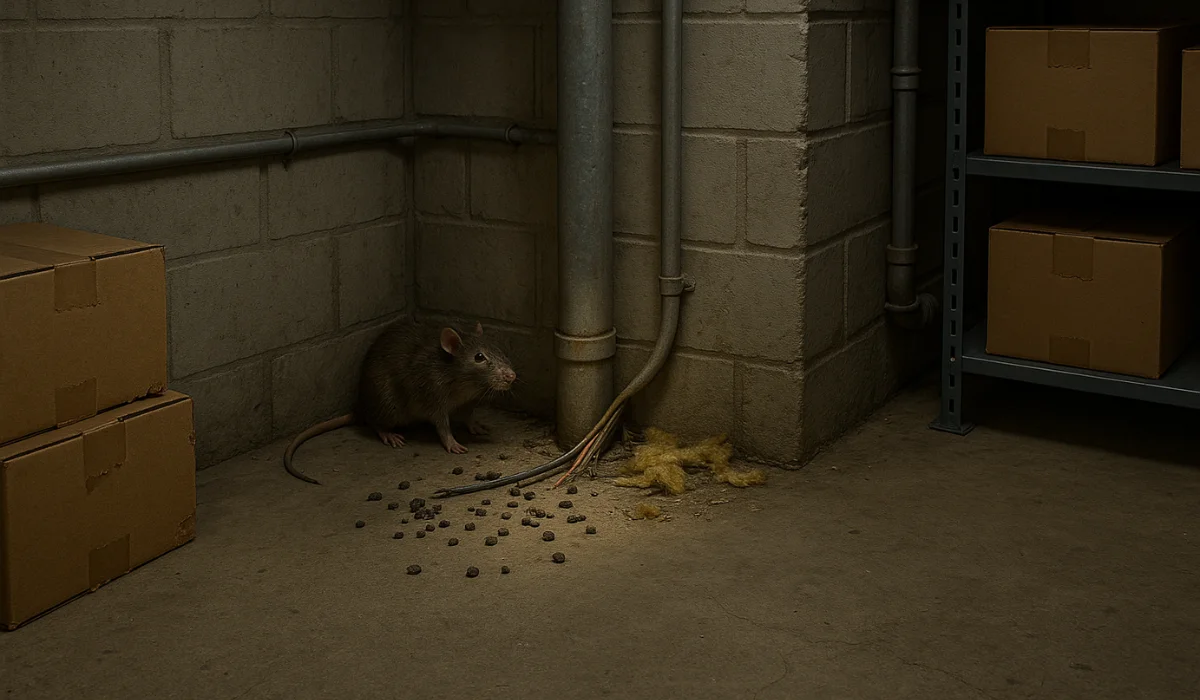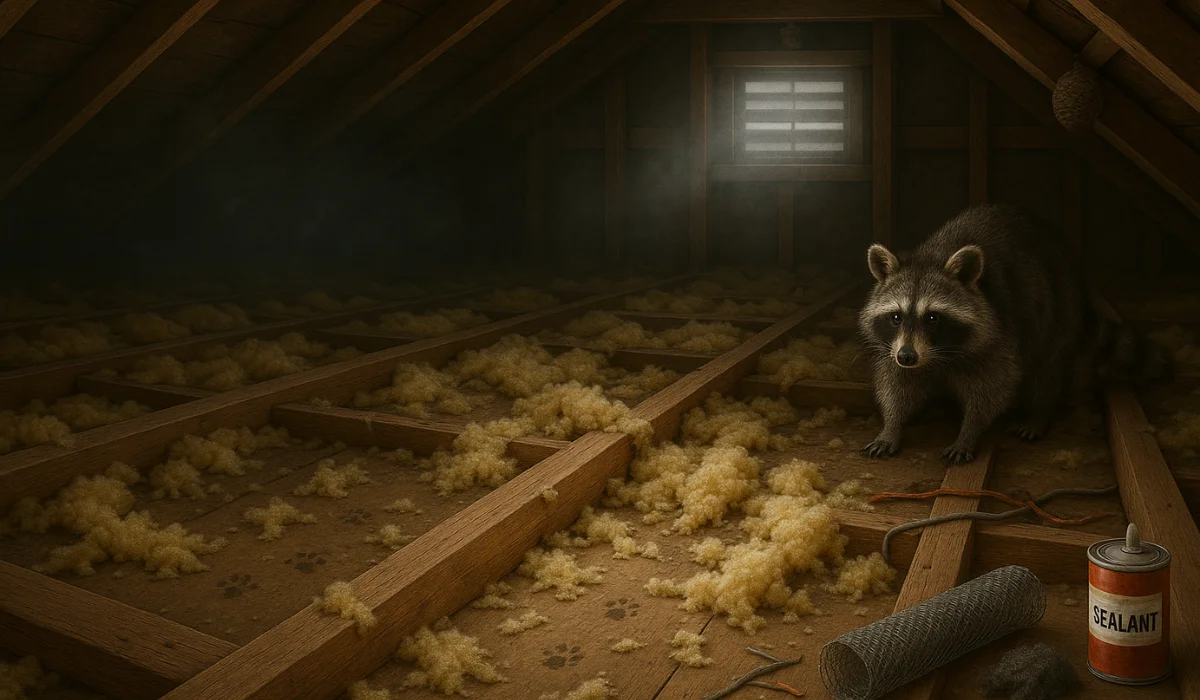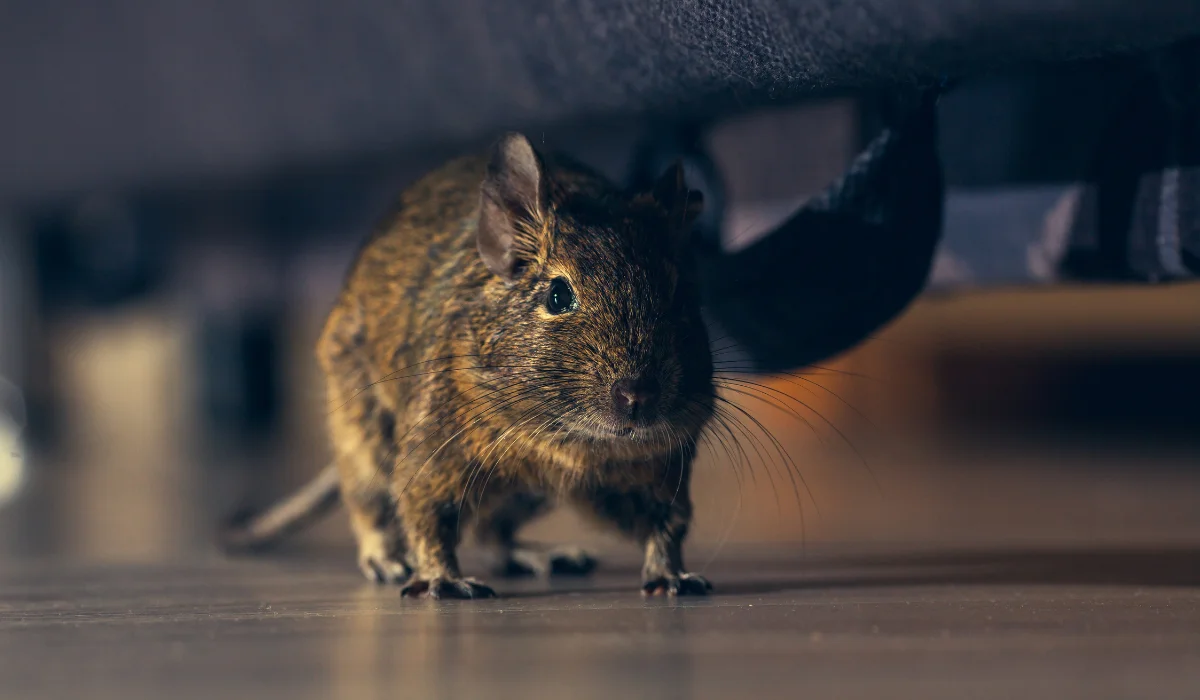Vinegar is a popular eco-friendly solution for household problems, including flea control. For pet owners wary of chemicals, apple cider vinegar is often recommended.
Its acidic properties can deter fleas, but it’s not a complete solution. However, it’s important to know how vinegar works and its limitations.
Is vinegar effective against fleas at all stages of their lifecycle? How does it compare to traditional methods? Keep reading to find out.
Key Takeaways
- Despite its reputation as a natural flea killer, vinegar may not be a reliable solution for killing or controlling fleas.
- While its pungent odor may be a short-term deterrent, vinegar is ineffective in eliminating fleas or preventing infestations.
- Natural remedies can help manage fleas, but incorporating commercial products provides more reliable and long-lasting protection.
- For persistent or severe flea problems, professional pest control services utilize targeted treatments that ensure comprehensive and enduring results.
DOES VINEGAR WORK AGAINST FLEAS?
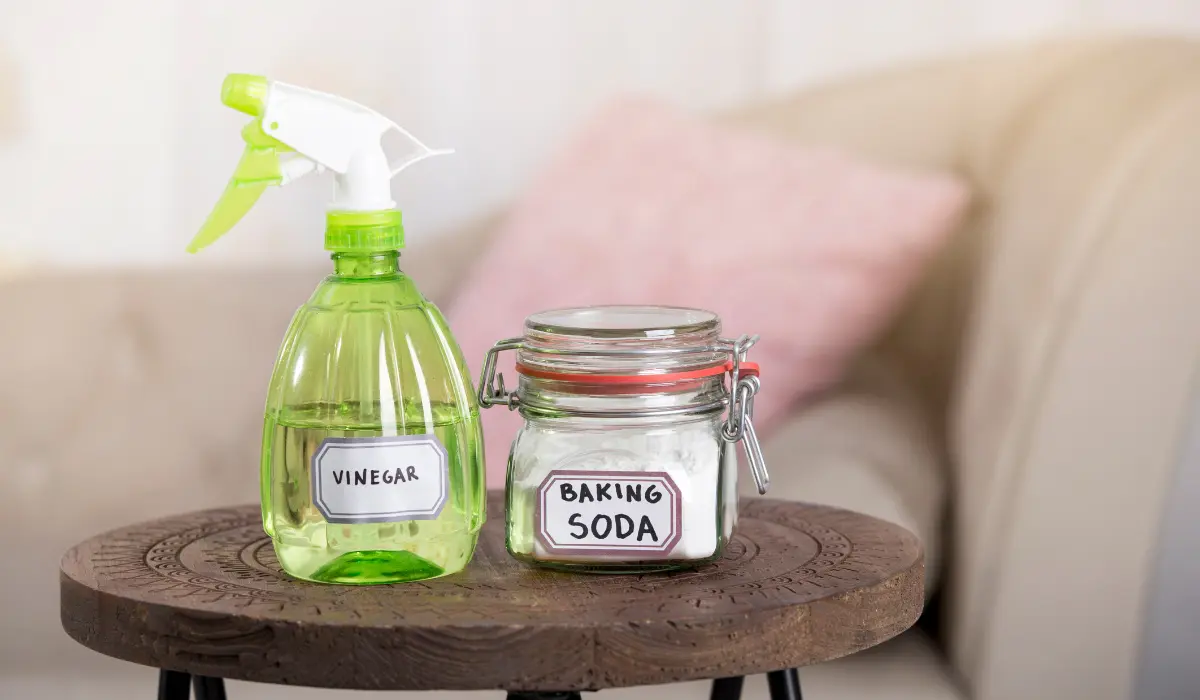
While vinegar is often suggested as a natural flea killer, its effectiveness is debatable. Although it might offer some deterring effects, it’s not a guaranteed solution.
With acetic acid as the main component in vinegar, here are some key chemical properties of vinegar that may aid in its flea-repelling capabilities:
- Acidity: Vinegar has a pH of around 2.5, which can be uncomfortable for fleas. It can irritate their exoskeletons and disturb their living environment.
- Smell: The pungent odor of vinegar is off-putting to fleas, acting as a natural deterrent.
Vinegar may offer an immediate repellent effect but is generally ineffective at killing fleas or affecting their life cycle.
Here’s an overview of the effectiveness stages of apple cider vinegar (ACV) and white vinegar when used against fleas at room temperature:
- Immediate Repellent Effects: Within minutes
- Killing Adult Fleas: Not Effective
- Impact on Flea Larvae and Eggs: Not Effective
SHOULD YOU USE VINEGAR TO REPEL FLEAS?
While vinegar might temporarily relieve flea problems, it’s not an ideal substitute for proper treatment. Here’s why:
| Reasons | Details |
| Limited Effect | A vinegar solution may deter fleas with its odor, but this effect is temporary and might not work on all fleas. |
| Safety Concerns | Vinegar, especially undiluted, can irritate your pet’s skin. Always test for sensitivity before application. |
| No Long-Term Solution | Vinegar won’t eliminate a flea infestation. It doesn’t kill flea eggs or larvae and requires frequent reapplication. |
HOW TO GET RID OF FLEAS
When dealing with flea infestations, you can seek out other flea treatment methods that can be used alongside conventional methods or when milder action is desired.
Natural Remedies
The natural way can be a supplementary DIY treatment for flea control, but they often have limitations compared to commercial treatments.
Here are some home remedies that can particularly appeal to those who wish to avoid chemicals due to the sensitivity of pet health or environmental concerns:
- Dish Soap Solution: A soapy water mixture of Dawn Dish Soap can drown fleas, but it’s not a long-term solution and may irritate your pet’s skin.
- Diatomaceous Earth: Food-grade diatomaceous earth can dehydrate and kill fleas, but its effectiveness can vary, and if inhaled, it can irritate a pet’s lungs.
- Essential Oils: Some essential oils may repel fleas, but they can be toxic and should never be applied directly to your pet’s fur.
- Baking Soda: Baking soda may help desiccate fleas and their eggs, but its effectiveness is limited. It can be used as part of a cleaning routine alongside proper flea treatment.
- Homemade Flea Spray: This mixture in a spray bottle may kill some fleas on contact, but the vinegar and lemon juice can irritate your pet’s skin. Consult your vet before using it on your pet.
- Hot Water Wash: Fleas live in various environments and tolerate warm water (around body temperature). So, opt for temperatures exceeding 95°F (35°C) when washing pet bedding.
Commercial Products
Commercial products offer various options to target fleas at different life stages and provide long-lasting protection for effective flea control.
Here are some common commercial flea medication products available:
| Flea Products | How They Work |
| Topical Treatments | These medications are applied as a liquid to the back of your pet’s neck. They kill fleas and ticks for several weeks after application. |
| Oral Medications | These chewable tablets are administered monthly and kill fleas and ticks within hours of ingestion. Some products also offer heartworm prevention. |
| Flea Collars | These collars contain insecticides or pesticides that kill fleas and ticks through continuous contact. |
| Flea Combs | These combs physically remove fleas, flea dirt, and eggs from your pet’s fur. They are typically used with other flea control methods for thorough treatment. |
| Flea Sprays | These sprays are applied directly to your pet’s bedding, carpets, furniture, and other areas where fleas may be present. They kill fleas and ticks at various life stages. |
| Flea Shampoos | These shampoos kill fleas and ticks when they come into contact with bath water. However, they typically don’t offer long-term flea prevention. |
SHOULD YOU GET IN TOUCH WITH PEST CONTROL PROFESSIONALS?
If fleas keep reappearing after treatments or flea bites keep popping out, this is a sign of a more serious infestation. In this case, professional pest control services should be considered.
Whether you’re in Baton Rouge or New Orleans, seeking expert help should be easy. For immediate intervention for a severe infestation, let Lajaunie’s flea control specialists tailor a solution that’s right for your home.
For more information about the areas we service, visit our location page.
 By: LaJaunie's Pest Control
By: LaJaunie's Pest Control 